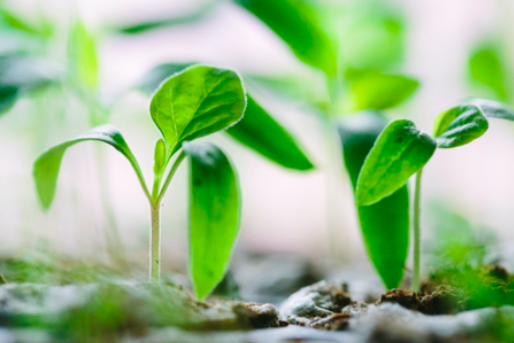Microplastics in our food
Sustainability editor Monami Miyamoto discusses a recent Nature paper that has found microplastic uptake by plants

A recent paper published in Nature sustainability studied the potential uptake of microplastic by plants. We all know that microplastics are present everywhere around us – in the rain fall, the soil, the oceans and the fish we eat. There’s even a term for this widespread phenomenon – the ‘plastic cycle’, just like the carbon cycle and nitrogen cycle. But could plastic pieces also be found inside our salad leaves?
Well, it turns out that the possibility is there. Li and her team found that microplastic beads below a micrometre (0.2 μm) and even larger beads of 2 μm, could enter the roots of wheat and salad leaves species. This occurs at the junction where new lateral roots begin to form because, during this process, there is a small, vulnerable gap between plant cells where external organisms such as parasites (and now plastic) can enter. After gaining access inside, the tiny beads will move throughout the rest of the plant.
But as with many scientific studies, there’s a caveat – the study was only conducted on two species of plants, so we can’t be certain that this is the case. More importantly, the roots were isolated in a hydroponic culture – far different to the natural conditions in the soil where other the presence of microbes, fungi, symbionts and nutrients could yield different results.
The takeaway from this study, though, is not the specifics of which species under which conditions might be vulnerable. These are things that will hopefully be explored in future studies. For now, it’s about understanding the dangers and potentials of microplastic invading, quite literally, every square inch of life on Earth. If the idea of eating foods containing fragments of plastic doesn’t set off alarms in societies that something must change, I’m not sure what will.






